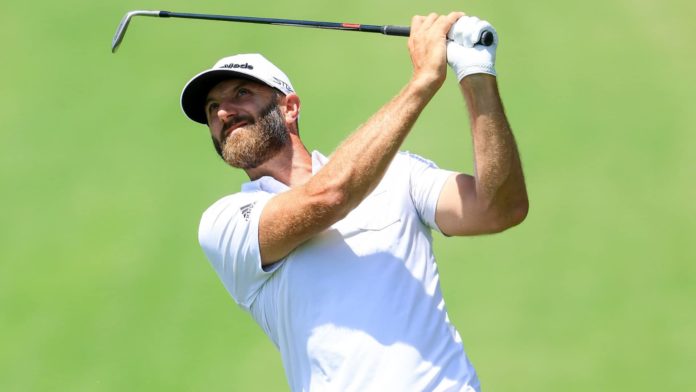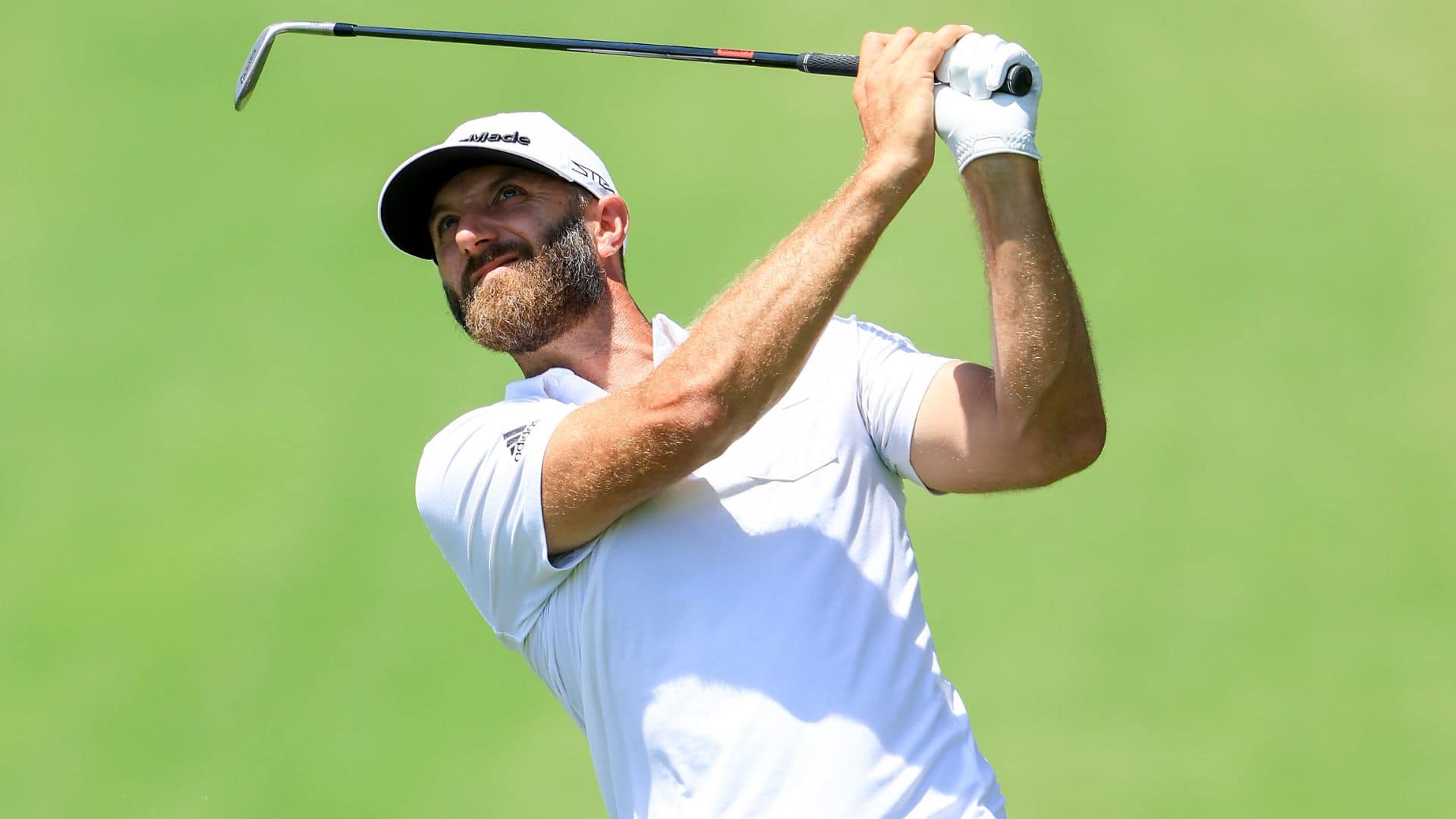As the beautifully warm months begin and we move into the summer sports season, who knew that one of the most polarizing topics would be men’s golf?
Yes, one of the most elite, white-men’s sports became a hotbed of political drama when the Saudi Arabian-sponsored LIV Golf tour started in London on June 9.
We know sport can be a vehicle of empowerment and can boost a country’s reputation on a global scale, particularly if it might struggle with systemic and violent oppression like sexism, racism or homophobia. But I did not imagine that golf would be the centre of heated debate about reckless sportswashing.
Sportswashing is when a country uses sports disingenuously to launder its reputation globally, and simultaneously distract from what is usually an abysmal human-rights record. No governing body or monarchy in the world is without flaws, and yes, sport can be used as a tool of anti-oppression work to create a better society for everyone. Sports can be used as a connecting platform for a learning culture where ideas can be shared. And why not golf? While the game still struggles with sexism at the highest echelons, the PGA Tour boasts impressive philanthropic initiatives.
The debate also rages on about golfers’ inability — at least, the non-stars — to make decent money on the PGA Tour. Golfers are considered “independent contractors” who must pay for their travel, caddy and tournament entry fees, coaching costs and other expenditures that include the use of changing rooms at tournaments. Men golfers had previously expressed frustration. It can be of no surprise that some golfers might want to go rogue and find opportunities to make more money.
WATCH | Saudi-funded golf tour poaches top pros:
The LIV Golf league funded by the Saudi government is poaching some of the world’s top golfers, including Dustin Johnson, to leave the PGA Tour.
So, when the Kingdom of Saudi Arabia came forth with an opportunity to play at the inaugural LIV Golf Invitational, many golfers jumped at the chance. The LIV is the Roman numeral for 54 to connotate the number of holes in the tournament, as opposed to the traditional 72. That, along with a catchy slogan: “Golf, But Louder,” seems to be more shiny and new than the existing PGA Tour.
It also comes with ridiculous amounts of money.
Ah, yes. Forget about sports for development for a moment and let’s unpack the hundreds of millions of dollars involved. Phil Mickelson signed a reported $200 million contract to play and be associated with the LIV. That goes a long way to paying caddy fees. The 51-year-old admitted his gambling debts had become “reckless” and “embarrassing.” According to Alan Shipnucks’ recent biography of the golfer, Mickelson had more than $40 million dollars of gambling debts he had to pay.

‘A force of good’
In a piece from February 2022, Shipnuck quoted Mickelson saying he thinks the Saudi government are “scary mother——s,” and said he knows they killed Washington Post reporter Jamal Khashoggi. He said they have a “horrible record on human rights” and “execute people for being gay.”
Yet, he happily accepted the money. And so did the other 47 golfers at the LIV event, 16 of whom were officially banned from the PGA Tour as a result. They are still able to play in the four majors — the Masters, U.S. and British Opens and PGA Championship — that the PGA Tour does not operate. But the community and the fans have effectively shunned them.
In March, a few months before the LIV event began, UNICEF reported that since the Saudi-led coalition went to war in Yemen seven years ago, children in the country have been forced into poverty and starvation. “The UN has verified that more than 10,200 children have been killed or injured,” the report states. “The actual number is likely much higher.”
Northern Ireland golfer Graeme McDowell was peppered with tough questions in a LIV press conference about his involvement and responded: “If Saudi Arabia want to use the game of golf as a way for them to get to where they want to be and they have the resources to accelerate that experience, we’re proud to help them on that journey.”
McDowell pretty much explains sportswashing in 76 seconds. <br><br>Even throws in a “we’re not politicians” while explaining how they’re happy to be pawns in the politician’s game. <br><br>It’s about the money. Just say it’s about the piles and piles of money.<a href=”https://t.co/iIzKlX8edq”>pic.twitter.com/iIzKlX8edq</a>
—@NoLayingUp
McDowell optimistically explained how he considers golf to be “a force of good” and that he is a “role model for kids.” As such, he would be happy to help Saudi Arabia by using golf. What he didn’t address is how using golf to polish up the country’s image would help the marginalized and vulnerable communities Saudi Arabia is actively targeting or has killed.
Should sports fans expect athletes to adhere to a high moral standard? We have seen problematic partnerships across the spectrum of sports, including with NBA investors, the IOC in Russia, and of course, perhaps the shadiest organization in sport, FIFA.
The simple answer is yes. The aforementioned places had athletes protesting or speaking out against injustices, instead of awkwardly-phrased deflections or excuses, as the LIV participants did. To be fair, we have heard some criticism from members of the tour, but at one point, Graeme McDowell avoided directly answering a question about the Saudi government’s transgressions so much he should consider being a contestant on Dancing with the Stars.
While the PGA Tour has a history of blatant racism and sexism, the Saudi government-owned Public Investment Fund’s sponsoring of a golf tour just seems so callous and intentionally ignorant.
As much as I would like it, I don’t expect athletes to be educated on every global issue in the world, nor do I think they are responsible for solving geopolitical issues. But when they do know and can comment on the reprehensible and premeditated murder of a Saudi journalist — literally at the hands of their funders — or comment on other sports organizations selling out (as Lee Westwood did), and still sanctify their involvement, it makes me wonder which parent would want them to be a role model for their child.
It would be better for all involved if they admitted that they are choosing to chase the green instead of simply playing on it.









